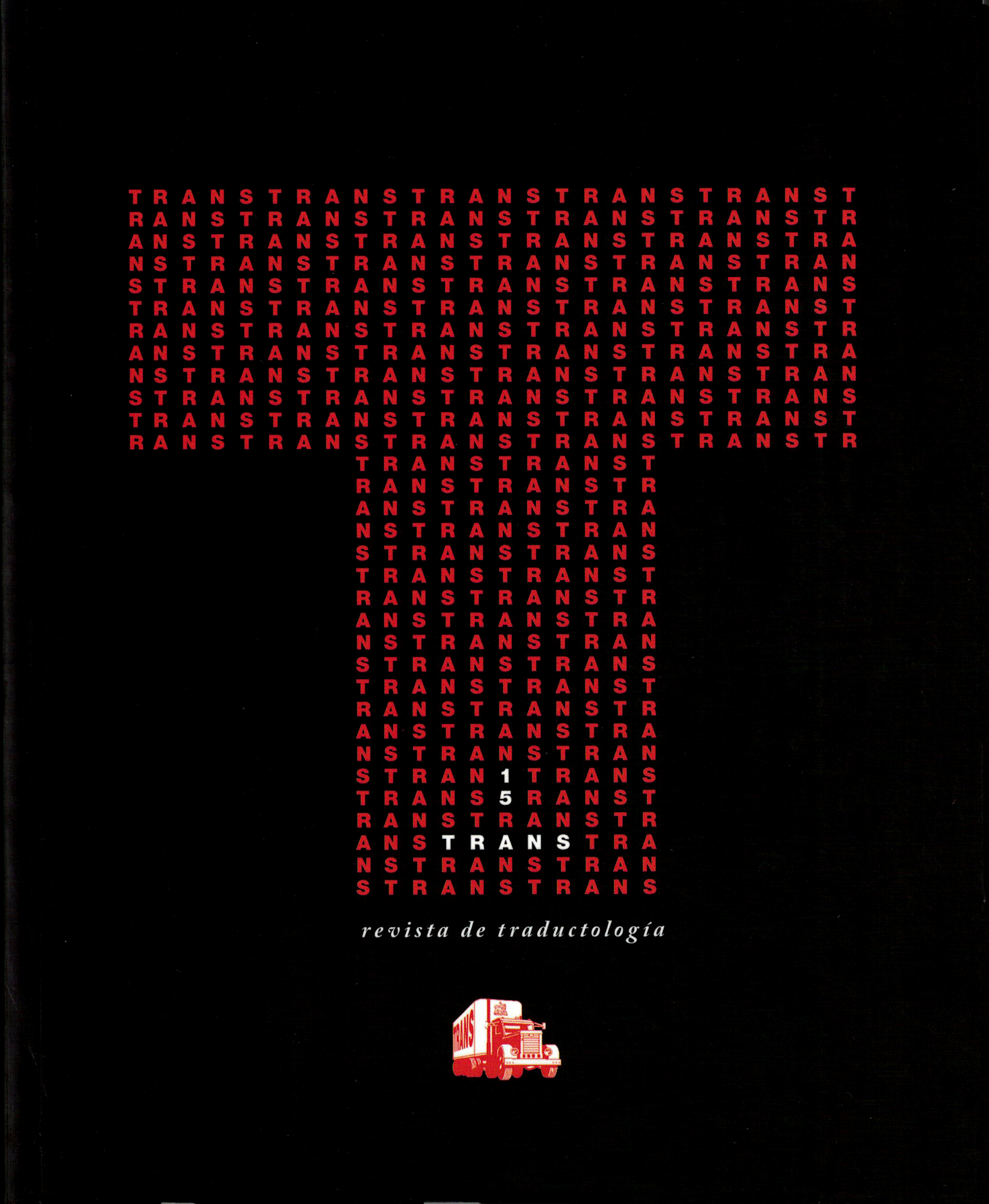Game Accessibility: Current Practices and Future Perspectives
DOI:
https://doi.org/10.24310/TRANS.2011.v0i15.3195Keywords:
accessibility, video games, gamers with functional diversity, universally accessible video gamesAbstract
Over the past years accessibility to the media has gathered much attention, triggered by the switch from analogue to digital TV scheduled in Europe for 2012. However, despite the worldwide growing popularity of video games as an entertainment option, game accessibility has received little attention by industry and academia. In this paper the concept of game accessibility is presented, together with an analysis of the current accessibility situation. The different barriers players with functional diversity have to face are mentioned, and some arguments in favour of accessibility are provided. Finally, the author proposes several strategies for improving universal accessibility to games.Downloads
Metrics
Publication Facts
Reviewer profiles N/A
Author statements
Indexed in
-
—
- Academic society
- N/A
- Publisher
- Universidad de Málaga
Downloads
Published
How to Cite
Issue
Section
License
All contents published in TRANS. Revista de Traductología are protected under the Creative Commons Attribution-NonCommercial-ShareAlike 4.0 International (CC BY-NC-SA 4.0) license. All about this license is available in the following link: <http://creativecommons.org/licenses/by-nc-sa/4.0>
Users can copy, use, redistribute, share and exhibit publicly as long as:
- The original source and authorship of the material are cited (Journal, Publisher and URL of the work).
- It is not used for comercial purposes.
- The existence of the license and its especifications are mentioned.
- ShareAlike — If you remix, transform, or build upon the material, you must distribute your contributions under the same license as the original.
There are two sets of authors’ rights: moral and property rights. Moral rights are perpetual prerogatives, unrenounceable, not-transferable, unalienable, imprescriptible and inembargable. According to authors’ rights legislation, TRANS. Revista de Traductología recognizes and respects authors moral rights, as well as the ownership of property rights, which will be transferred to University of Malaga in open access.
The property rights are referred to the benefits that are gained by the use or the dissemination of works. TRANS. Revista de Traductología is published in an open access form and it is exclusively licenced by any means for doing or authorising distribution, dissemination, reproduction, , adaptation, translation or arrangement of works.
Authors are responsable for obtaining the necessary permission to use copyrighted images.













21.png)
